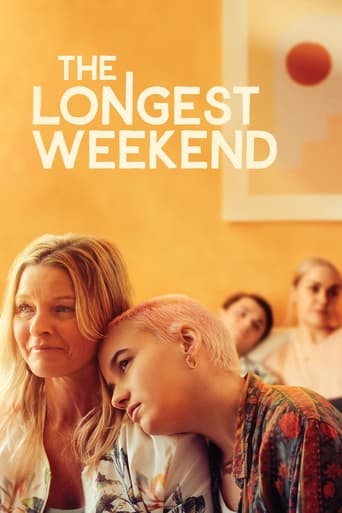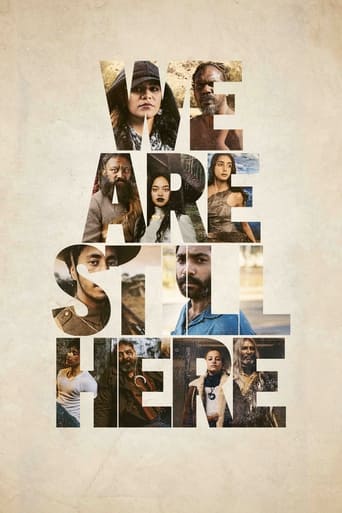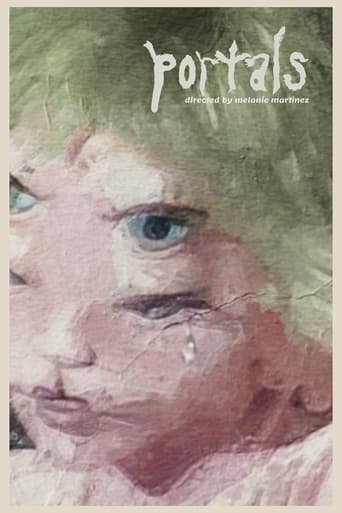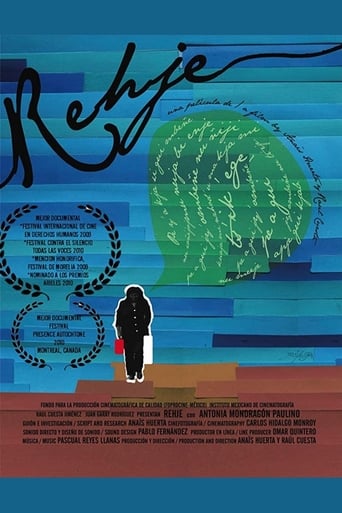

Rehje (2009)
After forty years living in Mexico City, Antonia longs to go back to her home town, a Mazahua village in the state of Mexico. When she returns, she discovers many things, including that a scarcity of water threatens life in her community.
Watch Trailer
Cast
Similar titles
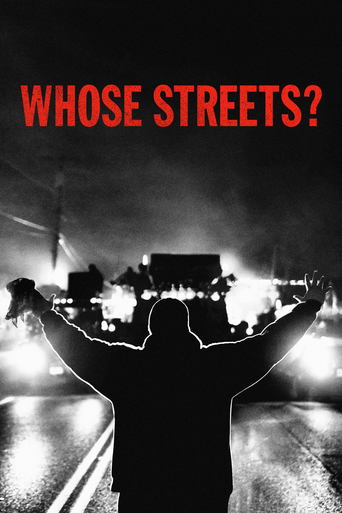
Reviews
Admirable film.
The film was still a fun one that will make you laugh and have you leaving the theater feeling like you just stole something valuable and got away with it.
This is ultimately a movie about the very bad things that can happen when we don't address our unease, when we just try to brush it off, whether that's to fit in or to preserve our self-image.
Close shines in drama with strong language, adult themes.
I attended the US Premiere of Rehje at the 2009 Los Angeles Film festival. This documentary from Mexico tells the colorful story of migration from poverty-stricken towns in the outlying regions of Mexico to the hope of prosperity in the north. However, instead of focusing on those staying behind as family members leave Mexico for the promise of riches and a better life in the United States, "Rehje" follows one amazing woman as she decides to leave the bustling metropolis of Mexico City and head back to her hometown in the bucolic countryside.Directors Anais Huerta and Raul Cuesta employ a solitary voice-over technique -- Rehje narrates the film herself. There are no talking heads here, although there is a cursory examination of one of the deeper issues surrounding the loss of culture in the Mexican countryside -- the lack of water. In fact, as the filmmakers noted in the Q&A following the screening, the project actually began as a case study of the drought conditions brought on by the diversion of water to more populated areas. But Rehje's story was so compelling that it overshadowed the political implications of the water management issues and declining conditions in these now-dusty small villages. Ultimately, the point does get across, and Rehje finds out that "you can't go home again."
